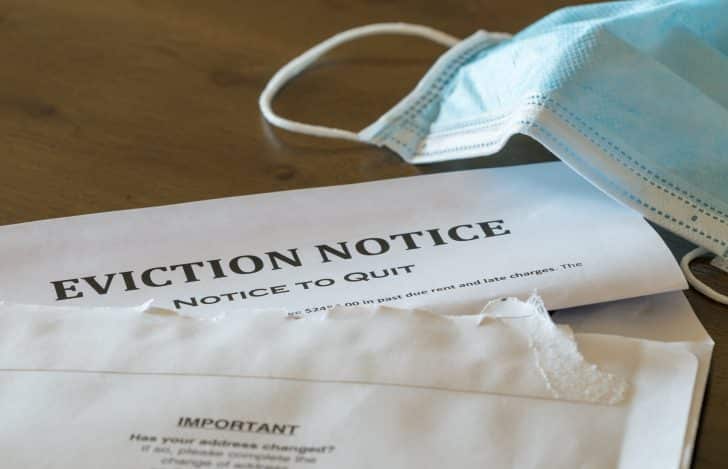What You Should Know about Wrongful Evictions During Covid-19

27Jan
What You Should Know about Wrongful Evictions During Covid-19
During the pandemic, San Francisco renters are protected from evictions by temporary tenant protections, including eviction moratoriums. These protections are in place to help people stay in their homes and prevent the spread of COVID-19. Although landlords are prohibited from evicting tenants for nonpayment of rent and "no fault" reasons, in most cases, there are landlords who continue to violate the law by wrongfully evicting tenants, that is forcing them to move without going through the legal eviction process. Put differently, wrongful evictions are still happening in the Bay Area.
Wrongful Evictions
To evict a tenant under normal circumstances a landlord would have to have a “just cause” to evict, serve a tenant with an eviction notice and then go through an eviction lawsuit. With most evictions on hold, some landlords continue to evade the law to get tenants out of their units via illegal tactics, such as self-help evictions and illegal lockouts. A wrongful eviction occurs when a landlord forces a tenant to move out without going through the formal, legal eviction process. Examples include telling a tenant to move out, changing the locks on a tenant’s home, or shutting off a tenant’s utilities/electricity.
Wrongful Evictions Based on State Law
The state of California passed the Tenant Relief Act in response to the COVID-19 Pandemic in 2020. The Tenant Relief Act is a temporary state law intended to help tenants who have trouble paying rent because of financial difficulties. It is considered a quick fix and further legislation is expected in 2021. AB 1088 increased the penalties for landlords who engage in illegal lockouts, retaliation, and harassment and extended “just cause” protections to apply to all evictions until February 1, 2021. For more about statewide “just cause” protections take a look at the Tenant Protection Act of 2019.
The Tenant Relief Actof 2020 also sets out certain rights and responsibilities for landlords and tenants, including that:
- a tenant must file a declaration stating that they can't pay rent due to financial stress caused by Covid-19.
- a landlord must provide a copy of a blank declaration in the language of tenant's rental agreement.
Wrongful Evictions Based on San Francisco Ordinance
The San Francisco Board of Supervisors passed their own rules regarding evictions during COVID-19, including a permanent protection for tenants from eviction for non-payment of rent that was unpaid due to COVID-19 if the rent was due between March 16, 2020 and September 30, 2020. The Board also passed an ordinance, Ord. No. 216-20, which bans evictions prior to April 1, 2021, unless the eviction is based on the non-payment of rent, the Ellis Act, or evictions based on violence related issues or health and safety.
If your landlord forces you to move out you in violation of this ordinance, then you may be entitled to damages or you may use the protections of this as an affirmative defense if your landlord evicts you based on nonpayment of rent due to COVID-19 related reasons.
Talk to a Tenants' Rights Attorney about Wrongful Evictions
With the on-going pandemic, it's more important than ever to protect your housing rights. If you believe that you're a victim of a wrongful eviction or are having other issues with your landlord, don't hesitate to reach out to an experienced Bay Area tenants rights attorney. Contact us today at Wolford Wayne for immediate help with your housing issues.
Related Posts You Also May Like
Get Started
For more information or to discuss your legal situation, call us today at (415) 649-6203 for a phone consultation or submit an inquiry below. Please note our firm can only assist tenants residing in San Francisco, Oakland & Berkeley.





